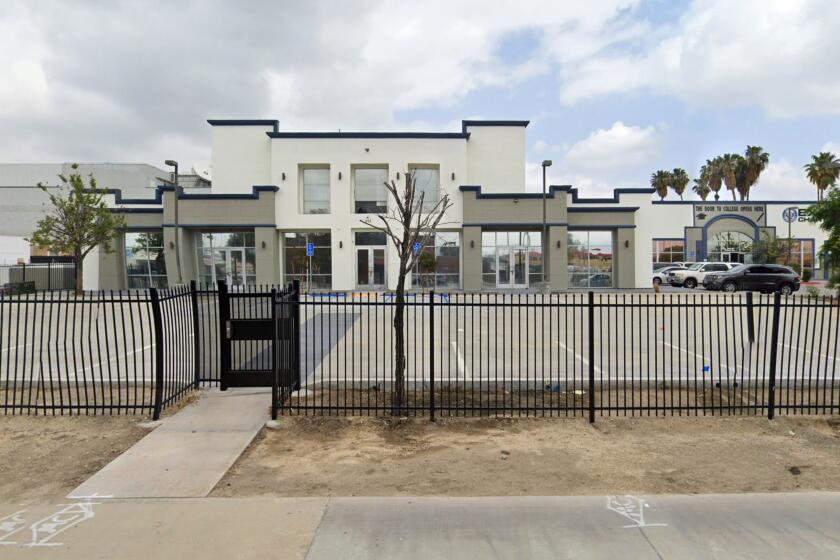Police business, our business
PUBLIC CONFIDENCE IN THE POLICE is essential to public safety, and that confidence depends in large part on the ability to know when an officer’s conduct has been called into serious question. That’s why the state Supreme Court’s decision late last month to shut off public access to police disciplinary proceedings -- even the names of officers being disciplined -- is so disappointing. This is a mistake that lawmakers should rectify as soon as possible.
Police officers understandably don’t want reporters or watchdogs to know if they have been reprimanded, and they certainly would rather not have any outsiders listening in on internal misconduct hearings. But officers, while putting their lives on the line each day, have the power of life and death over the people they serve, so their interest in privacy must take a back seat to the public interest in monitoring their behavior.
The justices, reviewing current law that has long been interpreted as allowing access to police discipline proceedings and records, see it differently. The high court ruled Aug. 31 that police discipline is a personnel matter, exempt from disclosure. The ruling prevents access to officer records in civil service appeals of disciplinary action.
That prevents the San Diego Union-Tribune from reporting on the appeal proceedings of a deputy sheriff who was fired. What did the deputy do to warrant termination? Did the Civil Service Commission deal properly with the case? Did the deputy have a long history of misconduct? Did the deputy allege that he or she only did what all the other deputies do? The taxpayers who paid his or her salary and suffered from any misconduct don’t know and can’t find out.
The ruling, of course, extends far beyond San Diego. The Los Angeles Times filed a brief on behalf of the Union-Tribune’s publisher, the Copley Press, following a long-standing commitment to preserving access to important public information.
Several months ago, the Los Angeles Police Commission, while promising more openness and continued scrutiny of the reforming LAPD, quietly began deleting the names of officers involved in use-of-force cases. That reversed a quarter-century-old practice of identifying officers involved in shootings. Now that reversal has been backed by the California Supreme Court. Much of the recent improvement in Los Angeles Police Department accountability and community relations stems from the now-blunted ability of the public and media to monitor the disciplinary system.
The Legislature should reinstate the presumption in favor of public access. This wouldn’t mean open season on officer files. But allowing citizens to find out who fired a weapon, and under what circumstances, and whether, why and how discipline was imposed, is as essential to public safety as the officers who protect us every day.
More to Read
Start your day right
Sign up for Essential California for news, features and recommendations from the L.A. Times and beyond in your inbox six days a week.
You may occasionally receive promotional content from the Los Angeles Times.






